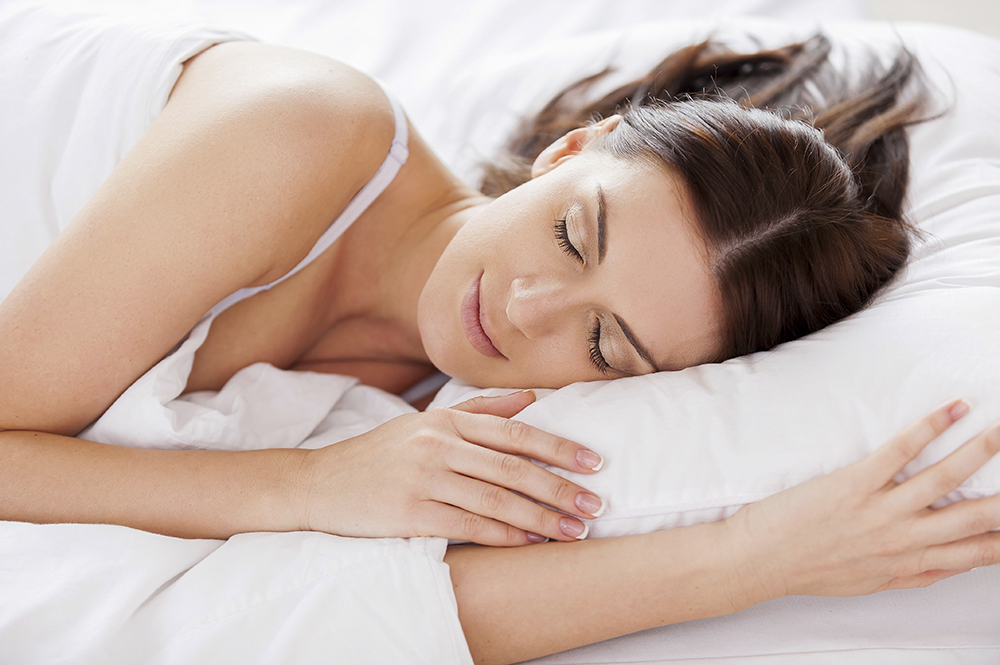-
Tips for becoming a good boxer - November 6, 2020
-
7 expert tips for making your hens night a memorable one - November 6, 2020
-
5 reasons to host your Christmas party on a cruise boat - November 6, 2020
-
What to do when you’re charged with a crime - November 6, 2020
-
Should you get one or multiple dogs? Here’s all you need to know - November 3, 2020
-
A Guide: How to Build Your Very Own Magic Mirror - February 14, 2019
-
Our Top Inspirational Baseball Stars - November 24, 2018
-
Five Tech Tools That Will Help You Turn Your Blog into a Business - November 24, 2018
-
How to Indulge on Vacation without Expanding Your Waist - November 9, 2018
-
5 Strategies for Businesses to Appeal to Today’s Increasingly Mobile-Crazed Customers - November 9, 2018
Sleep on your side to ward off Alzheimer’s
They quantified CSF-ISF exchange rates using dynamic-contrast-enhanced magnetic resonance imaging (MRI) and kinetic modeling in the brains of rodents in supine, prone, or lateral positions. “Because of this finding, we propose that the body posture and sleep quality should be considered when standardizing future diagnostic imaging procedures to assess CSF-ISF transport in humans and therefor the assessment of the clearance of damaging brain proteins that may contribute to or cause brain diseases”.
Advertisement
The wasteful chemical which are formed in the brain will contribute to suffer from many neurological conditions and Alzheimers disease.
In conducting the study, the researchers specifically focused on the glymphatic pathway, a complex system in the brain that is responsible for removing the waste products that damage the normal function of cells and tissues.
Knowing that the glymphatic system is most active during sleep, scientists at Stony Brook University wanted to see if sleep position affected how well the system worked.
“The analysis showed us consistently that glymphatic transport was most efficient in the lateral position when compared to the supine or prone positions”, said Dr. Benveniste, according to a press release.
Getting enough deep sleep helps the brain clear out waste products that could lead to Alzheimer’s disease.
Whether we sleep on our back, side, stomach or in the fetal position can positively or negatively affect our well-being, brain health and even our personality.
‘The brain only has limited energy at its disposal and it appears that it must choice between two different functional states – awake and aware or asleep and cleaning up, ‘ said Dr Maiken Nedergaard, who led that study. The process resembles the lymphatic system that clears waste from organs in other parts of the body.
While the new findings are interesting, Rosenberg says he’s not ready yet to tell people to sleep on their sides for the objective of preventing Alzheimer’s. “When amyloid beta builds up it can form aggregated plaques, which are very hard for the brain to get rid of”, Benveniste says.
In fact the researchers concluded the clean-up process is so energy intensive, it would hinder our thinking if done when we are awake – hence the need to sleep.
Left to build up, these compounds can result in Alzheimer’s and other neurological diseases.
What is unique to the new study is that it also shows how sleeping positions are equally important. This might be because the body instinctively knows that this sleeping position is the best for the brain.
Advertisement
Benveniste says she and her colleagues are now studying how the glymphatic system can be controlled and maintained over a lifetime “so as to maximize waste clearance and prevent disease”.





























